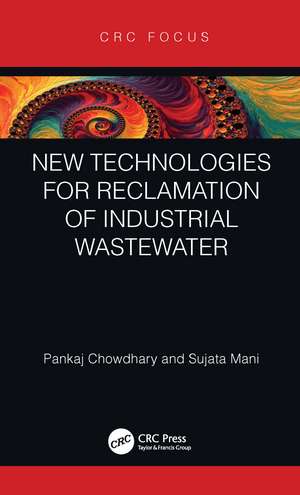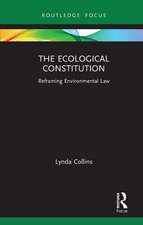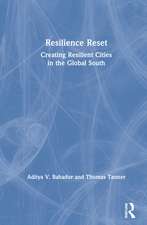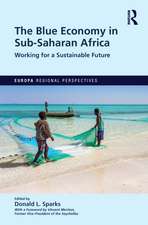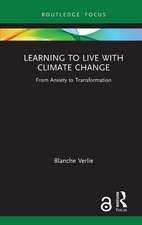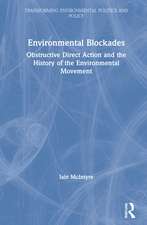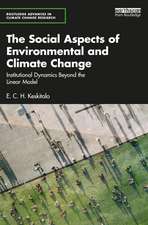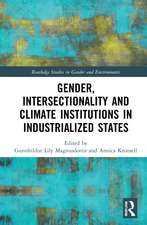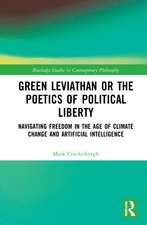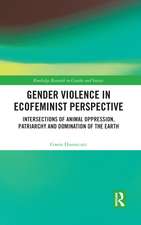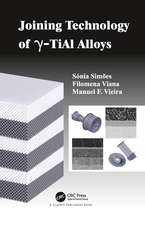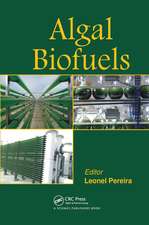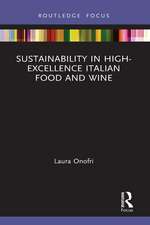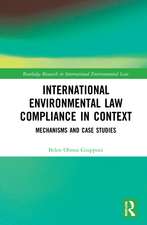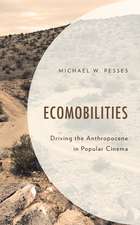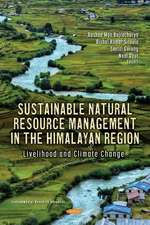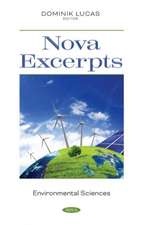New Technologies for Reclamation of Industrial Wastewater
Autor Pankaj Chowdhary, Sujata Manien Limba Engleză Hardback – 13 sep 2024
Features:
- Elucidates various types of industrial wastewaters generated, their fate and consequences
- Describes the ecotoxicological and health implications of industrial contaminants
- Provides details on conventional treatment technologies along with modern and emerging wastewater-treatment methods
- Discusses the merits and demerits of both conventional and emerging treatment technologies
Preț: 419.50 lei
Preț vechi: 493.52 lei
-15% Nou
Puncte Express: 629
Preț estimativ în valută:
80.27€ • 84.03$ • 66.42£
80.27€ • 84.03$ • 66.42£
Carte tipărită la comandă
Livrare economică 05-19 aprilie
Preluare comenzi: 021 569.72.76
Specificații
ISBN-13: 9780367434182
ISBN-10: 0367434180
Pagini: 100
Ilustrații: 4 Tables, black and white; 2 Illustrations, black and white
Dimensiuni: 138 x 216 x 14 mm
Greutate: 0.24 kg
Ediția:1
Editura: CRC Press
Colecția CRC Press
Locul publicării:Boca Raton, United States
ISBN-10: 0367434180
Pagini: 100
Ilustrații: 4 Tables, black and white; 2 Illustrations, black and white
Dimensiuni: 138 x 216 x 14 mm
Greutate: 0.24 kg
Ediția:1
Editura: CRC Press
Colecția CRC Press
Locul publicării:Boca Raton, United States
Public țintă
Postgraduate and ProfessionalCuprins
General Introduction of industry’s. Processing and Chemical pollutants in industries. Ecotoxicological and health implications. Treatment technologies for Industrial wastewater. New technologies use in wastewater treatment. Merits & Demerits of conventional vs. New technologies. Future prospectus of new technologies. Conclusion.
Notă biografică
Dr. Pankaj Chowdhary is President, Society for Green Environment (SGE) at New Delhi, India. He has completed his PhD (2018) in the area of Microbiology from Department of Environmental Microbiology at Babasaheb Bhimrao Ambedkar University, Lucknow, Uttar Pradesh, India. Doctorate work was mainly focused on role of ligninolytic enzyme producing bacterial strains in the decolorizing & degradation of coloring compounds from distillery wastewater. Main research areas are Microbial Biotechnology, Biodegradation and Bioremediation of Environmental contaminants in Industrial wastewaters, Metagenomics and Lignocellulosic waste valorisation. Edited three International Book entitled "Emerging and Eco-friendly Approaches for Waste Management", Contaminants and Clean Technologies & "Microorganisms for Sustainable Environment and Health". In addition two authored books, "New Technologies for Reclamation of Industrial wastewater" and "Recent Advances in Distillery Waste Management for Environmental Safety" are in press. Published many research/review papers in National and International peer reviewed journals of high impact factor published by Springer, Elsevier, Royal Society of Chemistry (RSC), Taylor & Francis Group and Frontiers. Published many National and international book chapters and magazine articles on the biodegradation and bioremediation of the environmental pollutants. Presented many posters/papers relevant to research areas in National and International conferences. Actively work as potential reviewer in various SCI-journals published from reputed International publishers (Springer, Elsevier, Royal Society of Chemistry (RSC), Taylor & Francis Group, Wiley and Frontiers). Life member of the "Association of Microbiologists of India (AMI)", and "Indian Science Congress Association (ISCA) Kolkata, India".
Dr. Sujata Mani is currently working as an Assistant Professor and actively engaged in teaching and research activities at Department of Biochemistry, Gramin Science Vocational College, Vishnupuri, Nanded, Maharashtra, India. She has completed her Ph.D. (2018) degree in Microbiology from Babasaheb Bhimrao Ambedkar Central University, Lucknow, Uttar Pradesh, India. During her Ph.D. she was awarded with Rajiv Gandhi National Fellowship (Both JRF and SRF). Her doctorate work was focused on degradation and detoxification mechanism of crystal violet from textile wastewater for environmental safety. Her major areas of research were biodegradation and bioremediation of synthetic dyes in textile wastewater through bacterial species producing ligninolytic enzymes. She has published review/research papers in reputed national and international journals with high impact factors. She has also published many book chapters in national and international edited books of Springer, Elsevier, and CRC press. She has also qualified ICAR-NET in Microbiology. She has also guided the graduation and post-graduation students during dissertation. She is a life member of the "Association of Microbiologists of India (AMI)" and "Indian Science Congress Association (ISCA), Kolkata, India".
Dr. Sujata Mani is currently working as an Assistant Professor and actively engaged in teaching and research activities at Department of Biochemistry, Gramin Science Vocational College, Vishnupuri, Nanded, Maharashtra, India. She has completed her Ph.D. (2018) degree in Microbiology from Babasaheb Bhimrao Ambedkar Central University, Lucknow, Uttar Pradesh, India. During her Ph.D. she was awarded with Rajiv Gandhi National Fellowship (Both JRF and SRF). Her doctorate work was focused on degradation and detoxification mechanism of crystal violet from textile wastewater for environmental safety. Her major areas of research were biodegradation and bioremediation of synthetic dyes in textile wastewater through bacterial species producing ligninolytic enzymes. She has published review/research papers in reputed national and international journals with high impact factors. She has also published many book chapters in national and international edited books of Springer, Elsevier, and CRC press. She has also qualified ICAR-NET in Microbiology. She has also guided the graduation and post-graduation students during dissertation. She is a life member of the "Association of Microbiologists of India (AMI)" and "Indian Science Congress Association (ISCA), Kolkata, India".
Descriere
New Technologies for Reclamation of Industrial wastewater provides information on the types of industries and wastewaters containing a variety of toxic and recalcitrant compounds present in wastewater. It also focuses on the ecotoxicological as well as health hazards created from the chemicals.
